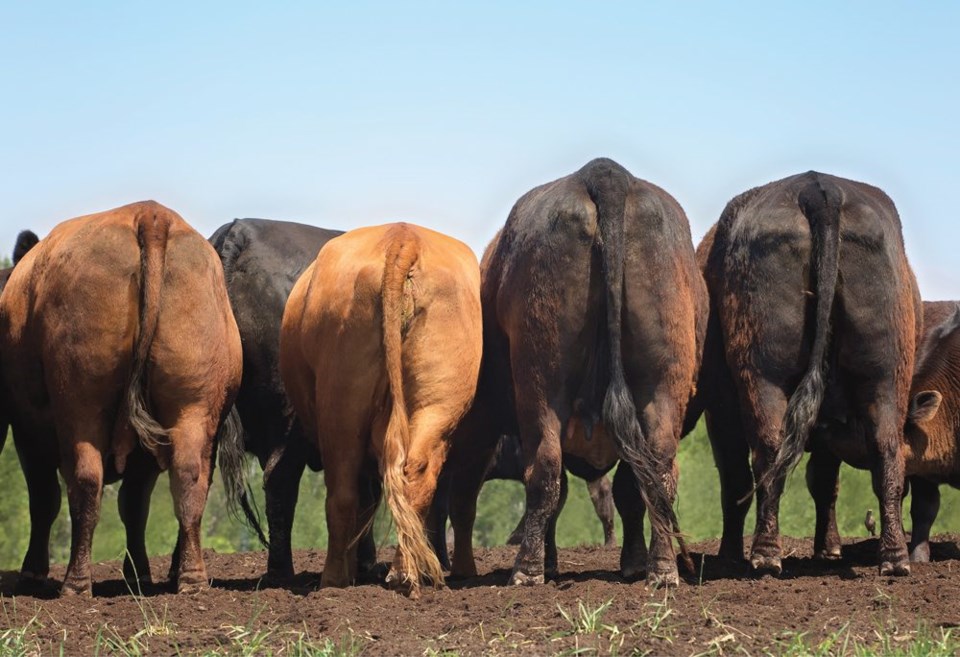Reducing methane emissions from beef and dairy cattle has become a global priority and Agriculture and Agri-Food Canada researchers are leading the way.
They’ve teamed up with counterparts in Australia for a comprehensive three-year study into what feeding practices can keep herds profitable while minimizing emissions.
“We need to know how feed affects methane production, but we also need to know how it affects other aspects of the farm operation, like daily gains in animals, milk production, and feed efficiency,” said lead researcher Karen Beauchemin, of AAFC.
The project looked at three feed supplements. One of the most promising is methane inhibitor supplement 3-nitrooxypropanol (3NOP), a commercial supplement that inhibits a gas-producing enzyme, then breaks down in the rumen to naturally occurring simple compounds.
“We now have clear evidence that 3NOP can have a long-term positive effect on reducing methane emissions and improving animal performance,” Beauchemin said. “We saw a 30 to 50 per cent reduction in methane over a long period of time and a three to five per cent improvement in feed efficiency.”
The increase in feed efficiency is likely linked to capturing the energy for the animal that was being used to create methane, the researchers say.
When using this supplement, cattle consumed less feed to gain a pound of body weight compared to control animals.
“What is also great is that the inhibitor worked just as effectively no matter what type of feed the cattle were eating,” Beauchemin said.
Other promising avenues of research include adding nitrate to feed and supplementing with grain.




